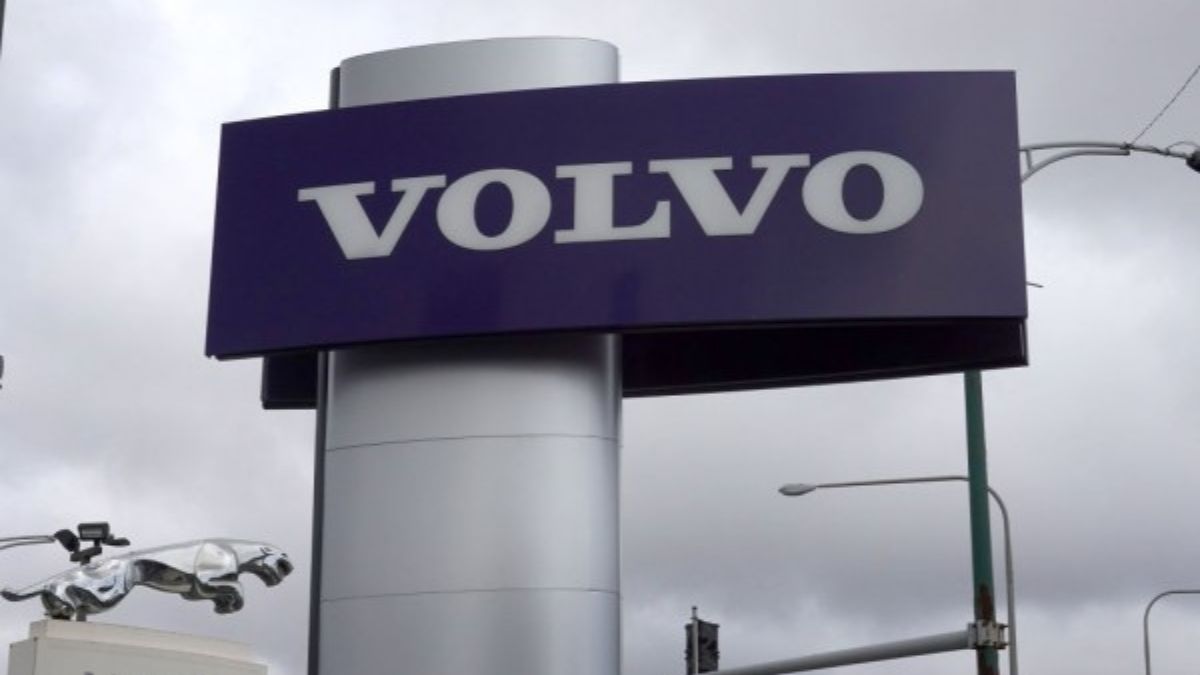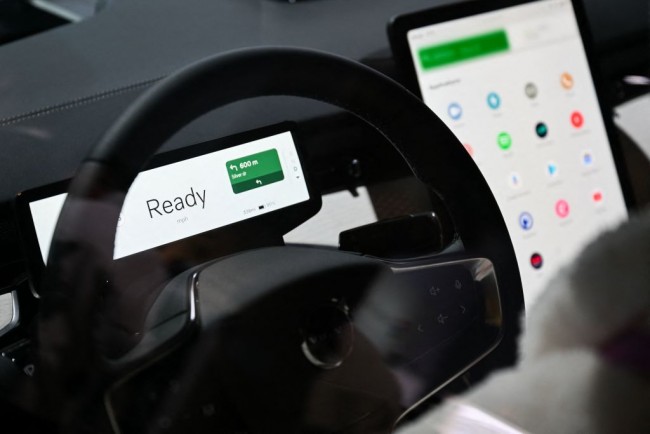
Hyperloop One, the ambitious company that once asp...
news-extra-space

/2023/01/30/image/jpeg/IV5zOUOh1FMmx9mnB5nvexRNoVGf2tI9YKYX5S5P.jpg) Image credit- Interesting Engineering[/caption]
According to the research, it is possible to run algorithms more quickly and effectively on hardware that is limited by resources. Autonomous vehicle decision-making can be sped up with machine learning.
The collaboration is crucial since Zenuity is committed to minimizing traffic collisions and CERN is known for its work in high-energy particle collisions. This is due to the fact that many safety issues still need to be resolved, despite the excitement surrounding the possibility of autonomous vehicles.
https://www.gadgetany.com/news/bose-announced-sound-system-featuring-surround-sound-bass-sync-for-volvo-ex90/
For quick machine learning in autonomous driving and particle physics investigations, CERN uses FPGAs, which can carry out complicated decision-making algorithms in a matter of microseconds.
The collaboration emphasizes the value of cooperation and teamwork in science and technology. They will then concentrate on leveraging FPGAs for cutting-edge machine-learning applications in particle physics studies and driverless driving. For complicated applications, FPGAs will provide the requisite speed and decision-making capability.
[caption id="" align="aligncenter" width="650"]
Image credit- Interesting Engineering[/caption]
According to the research, it is possible to run algorithms more quickly and effectively on hardware that is limited by resources. Autonomous vehicle decision-making can be sped up with machine learning.
The collaboration is crucial since Zenuity is committed to minimizing traffic collisions and CERN is known for its work in high-energy particle collisions. This is due to the fact that many safety issues still need to be resolved, despite the excitement surrounding the possibility of autonomous vehicles.
https://www.gadgetany.com/news/bose-announced-sound-system-featuring-surround-sound-bass-sync-for-volvo-ex90/
For quick machine learning in autonomous driving and particle physics investigations, CERN uses FPGAs, which can carry out complicated decision-making algorithms in a matter of microseconds.
The collaboration emphasizes the value of cooperation and teamwork in science and technology. They will then concentrate on leveraging FPGAs for cutting-edge machine-learning applications in particle physics studies and driverless driving. For complicated applications, FPGAs will provide the requisite speed and decision-making capability.
[caption id="" align="aligncenter" width="650"] Image credit- Tech Times[/caption]
The transportation industry may shift as self-driving cars improve road safety. However, there are still certain safety issues that were sparked by the fatal Tempe, Arizona pedestrian accident involving an Uber autonomous car in 2018 that are still present. This brought to light the difficult problems of guaranteeing the safety of autonomous vehicles in all driving circumstances.
The technology will, however, take some time to become widely used. Even so, advances in technology are bringing us closer to a world with roadways filled with driverless automobiles.
Future autonomous vehicles will start to appear sooner or later, giving us a preview of what they are capable of. It will take more time for it to become widely accepted, but as was already noted, we're getting there.
Image credit- Tech Times[/caption]
The transportation industry may shift as self-driving cars improve road safety. However, there are still certain safety issues that were sparked by the fatal Tempe, Arizona pedestrian accident involving an Uber autonomous car in 2018 that are still present. This brought to light the difficult problems of guaranteeing the safety of autonomous vehicles in all driving circumstances.
The technology will, however, take some time to become widely used. Even so, advances in technology are bringing us closer to a world with roadways filled with driverless automobiles.
Future autonomous vehicles will start to appear sooner or later, giving us a preview of what they are capable of. It will take more time for it to become widely accepted, but as was already noted, we're getting there.
Leave a Reply






